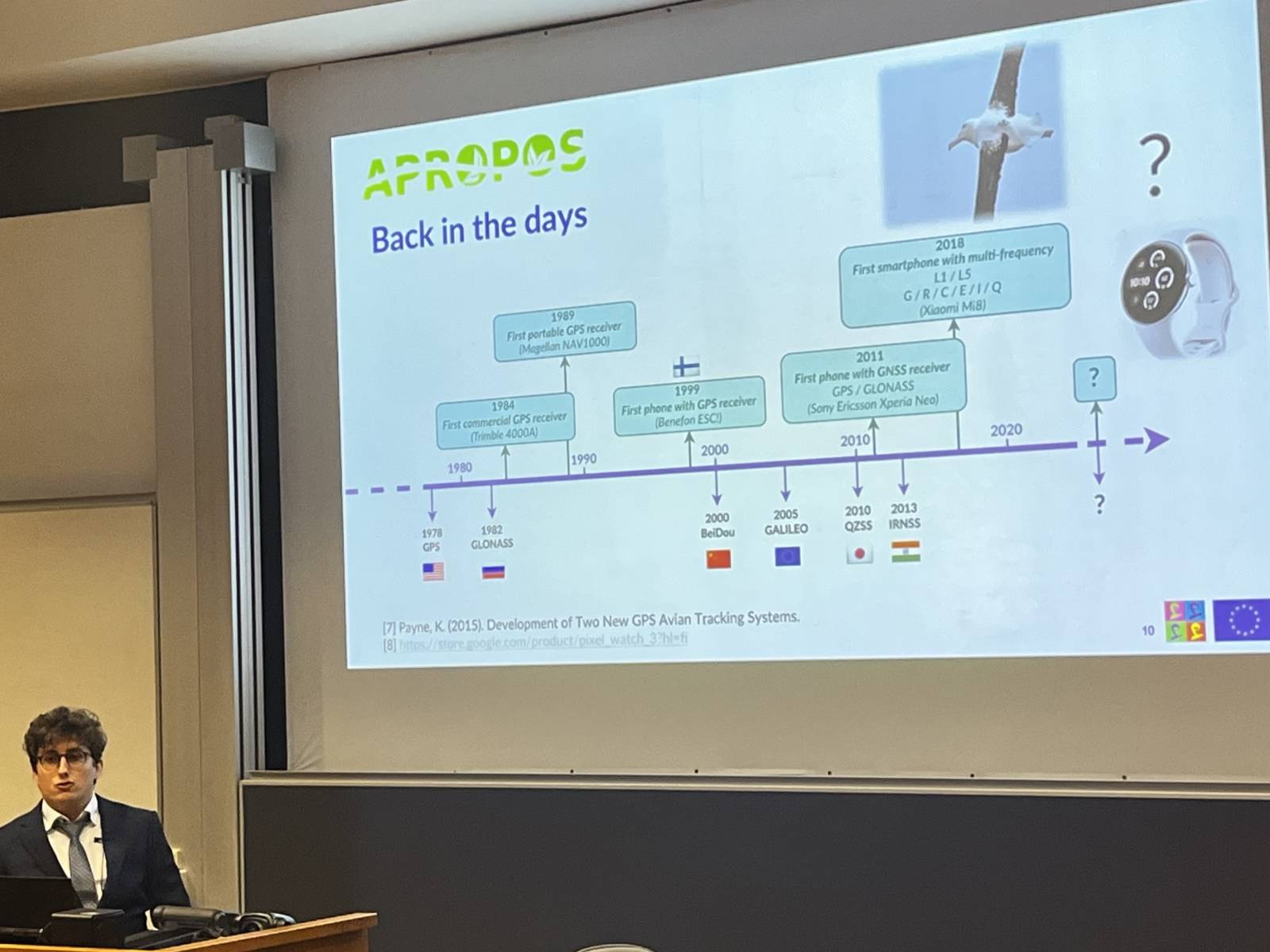Global Navigation Satellite Systems (GNSS) are essential for millions of devices around the world, providing free, accurate positioning for outdoor navigation. However, GNSS receivers are traditionally energy-hungry, which makes them challenging to integrate into the energy-constrained Internet of Things (IoT) devices, such as those used for asset tracking and wildlife monitoring. To address this, a newly defended PhD thesis explores the potential of Approximate Computing (AxC) as a method to significantly reduce the energy consumption of GNSS receivers without sacrificing performance.
Antoine Grenier thesis begins by reviewing the evolution of GNSS signal structures, comparing legacy signals with modernized ones. It highlights the computational complexity of processing these signals, particularly during acquisition and tracking. Through the development of a novel benchmarking framework called SyDR, the research identifies the most resource-intensive operations within GNSS receivers and proposes optimization opportunities through AxC.
Focusing on inexact arithmetic for correlation operations, the research shows that AxC can provide substantial power savings with only a minor impact on computational accuracy. Specifically, applying an inexact multiplier unit resulted in up to 87% power reduction for multiplication operations, demonstrating the potential for energy-efficient GNSS processing.
This thesis contributes to the broader field of energy-efficient wireless communication and positioning systems, proving that AxC can be a game changer for low-power GNSS receivers in IoT applications.


